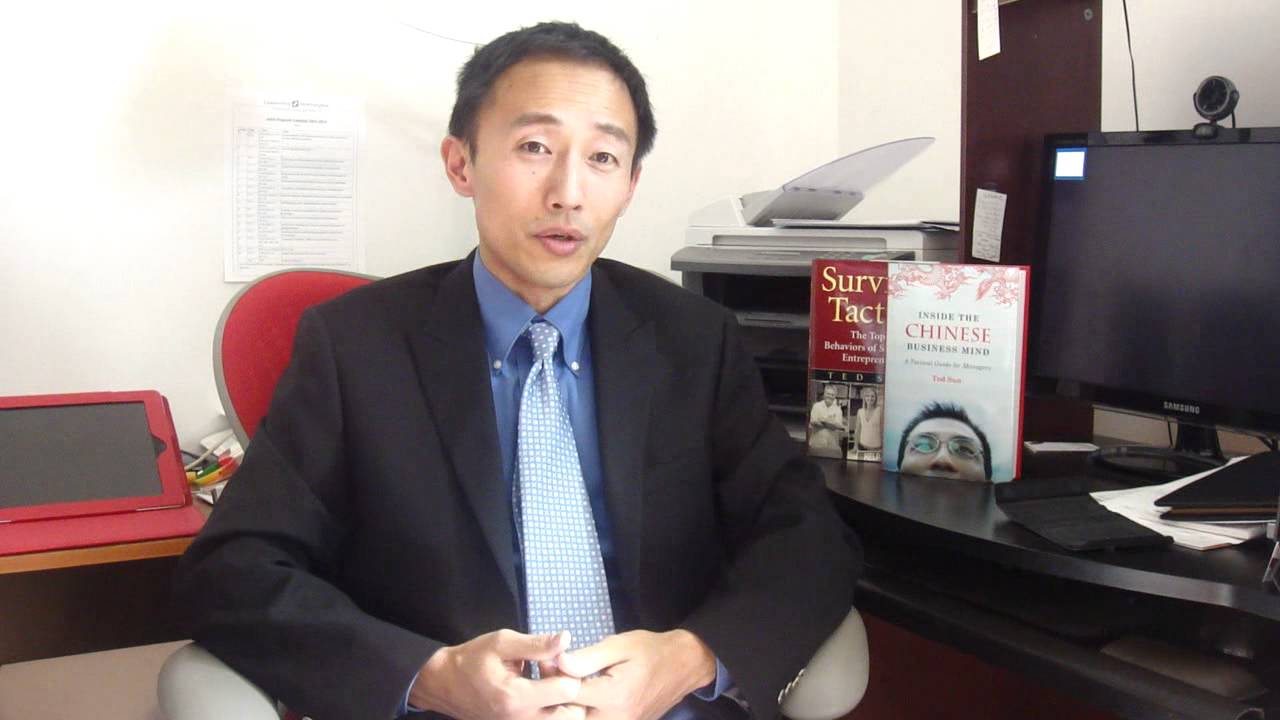New Skills for the Post Pandemic Workplace: Insights to what’s needed for managers – Dr. Ted Sun
The current pandemic impacts everyone. Whether you are physically infected by the virus or not, the psychological impacts of such a global event will haunt humanity for many years to come. Every employer is looking at making many physical changes that will impact how people work together. With this in mind, leaders must make systemic considerations for understanding and guiding employees from physical, spiritual, emotional, and social perspectives.
In order to create a productive and innovative workforce, leaders in the post-pandemic workplace will require many new skills and significant enhancements of existing skillsets to deal with the mental well-being of the employees.
An Alarming Post Pandemic Workplace
This pandemic has shown us failures in the systems of health, business, and government. Currently, numerous articles focus on the physical disease and the physical adjustments organizations are making to prevent a second wave. As we move forward, our workplace will change dramatically. What was once popular and effective in driving innovative thinking was the common workspace, now is now being dismantled in many offices.
What was once effective in promoting employee wellness was the onsite gym along with group activities, now is being closed. New technologies will be added to most fortune 500 companies from tracing apps to temperature screening. While some interventions, like frequent office cleaning, make people feel safer, the lack of social contact will have unprecedented consequences unless proactive measures are taken by every manager. Leaders must focus people on developing effective social bonds while maintaining physical distancing. In the short run, many executives have seen the effectiveness of work from home.
This is a great step away from the industrial notion of managing people’s time and moving toward managing people’s output. But what are the consequences of such a practice over a longer period of time? What happens to employee relationships and loyalty if work is reduced to functional transactions and a few zoom meetings? What happens to conflicts in the workplace when relationships are distant? What happens to innovations that often require working closely together as a team? What happens to employee wellbeing? Executives must be conscious of these questions to survive. The swing to the opposite extreme of social isolation will have a myriad of unintended consequences. Countless best practices that made strong innovative organizations are being abandoned based on a fearful mental framework from the pandemic.
A Need for Balance!
The successful organization have balance in the physical and mental wellbeing of its employees. Balance in the short- and long-term perspectives of basic survival and sustained success. Balance in seeing the many influences of decisions within a system of human organization. One key element that is often overlooked in the poorly chosen words of “social distancing” is the need for social interaction. Human beings by nature are social creatures. While we are developing ways to physically distance ourselves, the need to enhance our social bonds that support all aspects of an organization must be balanced. This is the core focus of Transcontinental University’s integrative graduate programs.
The social systems that enable a healthy mental state translates to many positive outcomes, on the individual, team, and organizational levels. While it is easy to make environmental changes, such as floor plan redesigns and foot knobs for doors, leaders need to be prepared to help heal the psychological impacts of the pandemic and lead people towards an innovative and productive culture. This requires two fundamental components that drive many other skills: emotional intelligence and systems thinking.
Emotional Intelligence and Systems Thinking
Emotional intelligence and systems thinking are two complex developments. Numerous studies have illustrated the influence of emotional intelligence on organizational success. It includes four dimensions: recognition of one’s own emotions, ability to express emotions in a constructive manner, recognition of others’ emotions, and finally the ability to create the desired emotional state within a group of people.
For the current environment, emotional intelligence is needed more than ever to help people heal and guide them towards an engaged workforce. Some areas where it is most needed is to:
- Guide employees from fearful emotional states that are disruptive mentally and behaviorally, towards positive emotional states that are productive
- Help employees build solid bonds of trust and respect, regardless of the physical distancing or technology practices
- Empower employees to be more creative and engaged with higher retention rates
- Design and implement emotionally intelligent organizations which provide greater mental health and happiness as well as individual and organizational performance.
Emotional intelligence alone, however, is not enough to create balance in complex environments. Like the many ingredients that make a great dish, systems thinking (the process of examining the interrelationships among various parts of a system) also must be explored by leaders to see the interconnectedness of employees, businesses, and society. This pandemic has shown us countless flaws from a lack of systemic thought at all levels of leadership. When leaders have the capability to think systemically, they:
- Build systems and processes for teams to collaborate effectively
- Design and implement systems for all employees to be proactive and strategic in their decisions, instead of being reactive their approaches that wait for problems to occur
- Enhance organizational design and workflow by combining virtual and in-office work without losing emotional bonds between employees and loyalty to the organization
- Drive powerful feedback loops into existing systems to create a learning organization
- Foster a designed organizational culture not using band-aids to cover up the insecurities, anxieties and fears but rather by nurturing a culture of empathy, high productivity, creativity, and continuous innovation.
- Enable learning throughout the organization to lead or adapt to change. This can be accomplished when significant levels of thought and action is guided by thinking through systems and processes undertaken by numerous leaders within the organization.
Innovations at Transcontinental University
Both emotional intelligence and systems thinking are requirements for success in the post-pandemic workplace. Without it, dealing with the invisible psychological damage from the pandemic will be a huge problem for managers. Fortunately, Transcontinental University has designed this into their programs with a new model of learning. Built by organizational psychologists, business leaders, academics, and engineers all with global consulting experiences, this university focuses on developing the whole individual with an integrative curriculum unlike any other in the world.
This innovative educational model incorporates long term development of complex skills like systems thinking and emotional intelligence. “This is exactly what the doctor ordered,” states Dr Lloyd Williams, a renowned organizational psychologist with three terminal degrees and chief academic officer at Transcontinental University. “The systemic problems facing people after such a global event is unparalleled. Organizational leaders must be proactive in addressing the many issues of mental well-being in their organizations before it’s too late.”
As we begin to slowly move into a post-pandemic era, business programs need to update what they have been teaching to meet the demands of an increasingly complex workplace. The pandemic has impacted every individual on a psychological level. How people work will change. How organizations function will shift. Where people can be productive in a sustainable way will require new skills. Higher education must be there to support all these changes. Transcontinental University had taken the first step to develop managers to meet these challenges. As a nonprofit university, they have taken the lead to meet the needs of leaders in the post-pandemic era.
Explore their programs at https://unforgettable.education/ or contact them at info@unforgettable.education
This post has already been read 666 times!








Post Comment